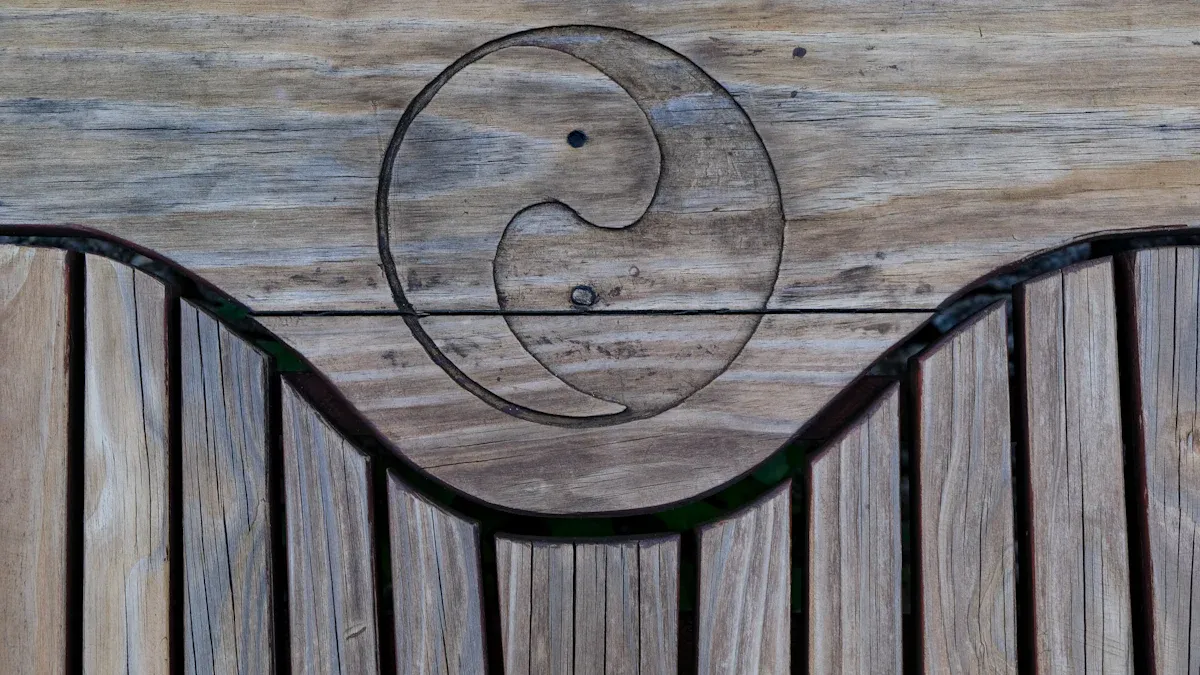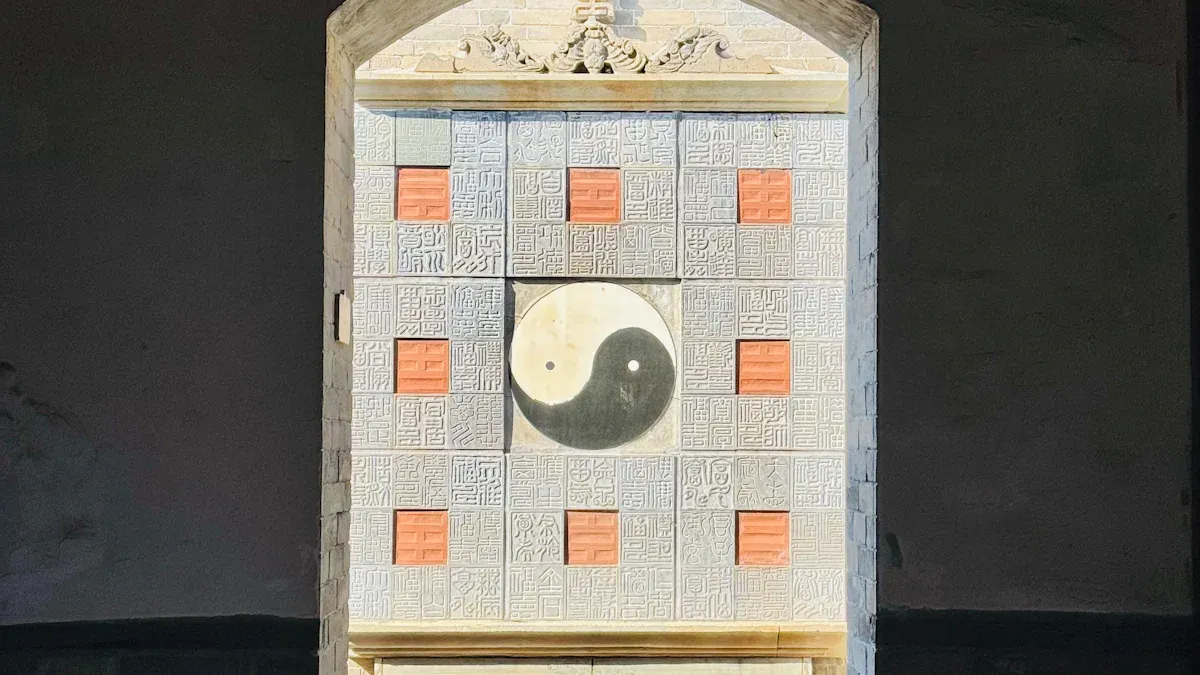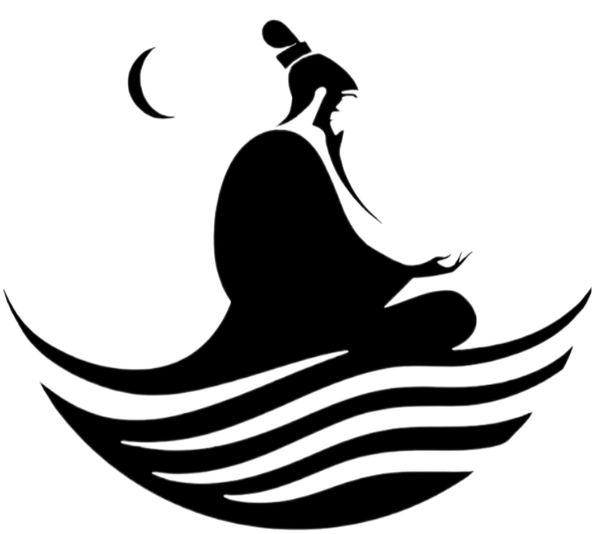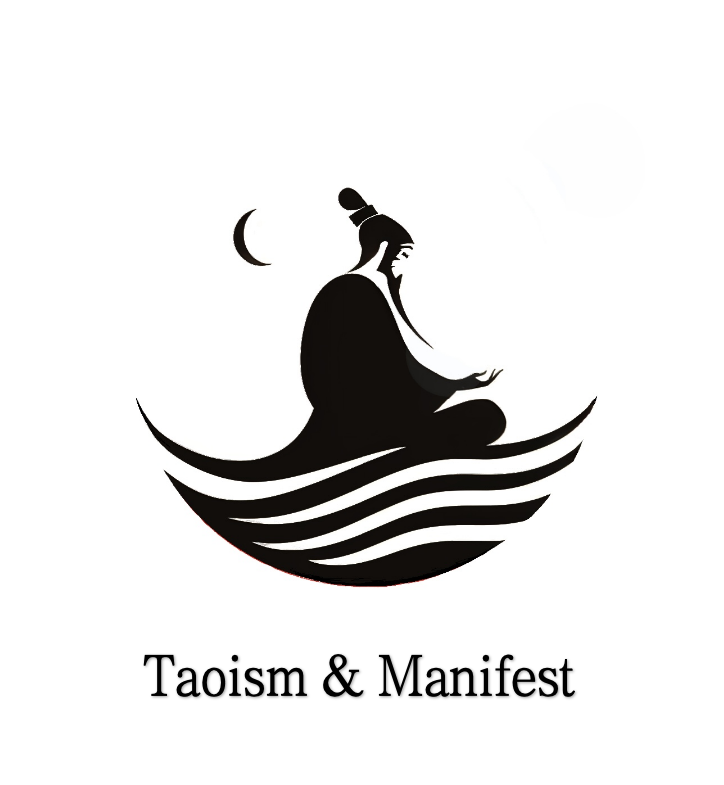
In today’s world, you may feel existential anxiety when facing the unknown. Many adults report stress and anxiety about change, but Taoism offers a different path. By following the teachings of Lao Tzu, you learn to stay calm and find peace in every moment. The Tao invites you to see life as a journey, where peace and calm come from letting go. With Taoist thought, you discover that your journey can bring peace, even when life surprises you. Lao Tzu reminds you that the Tao is always present, guiding you to stay calm and trust the journey.
Key Takeaways
Practice simplicity by thinking about what is really important. Do not always want more things. This helps you feel calm inside.
Use mindfulness to stay in the moment and feel calm. Notice your thoughts but do not judge them. This can help you feel less stressed and pay better attention.
Embrace Wu Wei by not trying to control everything. Go with the flow and act when the time is right. Do not try to force things to happen.
Accept that change happens in life. Trust the unknown to help you become stronger and able to handle more.
Connect with nature and try to live in balance. Watch how nature works and learn to be patient and calm like it.
Taoism and Calm

Simplicity
You may notice that life often feels complicated. Lao Tzu, the founder of Taoism, teaches that simplicity is the key to calm and peace. When you let go of the need for more—more success, more things, more approval—you create space for inner peace. Taoism encourages you to focus on what truly matters. Lao Tzu says that by living in moderation and practicing simplicity, you return to your natural state of being. This means you do not chase after every desire or get lost in distractions. Instead, you choose balance and avoid extremes.
Imagine your daily schedule. If you fill every hour with tasks, you may feel overwhelmed. Taoism suggests you focus on essentials and reduce overload. When you clear away clutter, both in your space and in your mind, you make room for calm. Lao Tzu reminds you that chasing after wealth or approval leads to unrest. By stepping back and practicing moderation, you open the path to serenity. Simplicity is not just about having fewer things. It is about living with intention and balance. You learn to stay calm even when life feels busy.
Many people today feel work stress and daily overwhelm. You might feel pressure to always do more. Taoist thought invites you to slow down and notice what you really need. When you practice simplicity, you break free from the endless chase for more. You find peace in the present moment. Living in moderation helps you conserve energy and focus on what brings you joy. Lao Tzu teaches that simplicity, patience, and compassion are treasures that lead to tranquility.
Mindfulness
Mindfulness is another core teaching in Taoism. Lao Tzu encourages you to become aware of each moment. When you practice mindfulness, you pay attention to your thoughts, feelings, and surroundings without judgment. This helps you stay calm and centered, even when life feels uncertain. Mindfulness connects you to the Tao, the natural flow of life. You learn to let go of worries about the past or future and find peace right now.
Taoist mindfulness practices can change your brain. People who meditate regularly have more gray matter in areas linked to attention and emotion. They also feel less stress and sleep better. When you practice mindfulness, you lower anxiety and improve your mood. You can try simple exercises like mindful breathing or sitting quietly. These practices help you build resilience and balance.
In your daily life, you can use mindfulness to handle work stress or school challenges. When you feel overwhelmed, take a moment to breathe and notice your thoughts. Do not judge them. Let them pass like clouds in the sky. This simple act can help you stay calm and focused. Lao Tzu teaches that by letting go of attachments and distractions, you find your way back to peace. Mindfulness is not about forcing your mind to be quiet. It is about accepting what is happening and responding with balance.
Taoism shows you that calm and peace come from within. When you embrace simplicity and mindfulness, you align with the Tao. You learn to live with balance, patience, and moderation. Lao Tzu’s wisdom guides you to stay calm, even when life feels uncertain. By practicing these teachings, you discover that inner peace is always within reach.
Wu Wei in Life
Letting Go
You may wonder what it means to let go in the spirit of Wu Wei. Many people think letting go means giving up, but Taoist philosophy teaches something different. Letting things be is not the same as quitting. When you let things be, you trust the tao and allow events to unfold naturally. You do not force results or rush the process. Instead, you act with patience and balance. Giving up feels like a negative withdrawal, but letting go is an active choice. You stay engaged, but you do not cling to a fixed outcome.
Lao tzu describes Wu Wei as a way to act effortlessly, in harmony with the tao. He encourages you to release your grip on control and let life flow. This does not mean you stop caring or become passive. It means you align your actions with the natural order. You become like water, moving around obstacles instead of fighting them. The tao teaches that surrender is not defeat. It is a wise acceptance of what you cannot change. When you practice letting go, you find peace and clarity, even in uncertain times.
Tip: Next time you feel stuck, pause and ask yourself, "Am I forcing this, or can I let it unfold?" Trust that the tao will guide you.
Responding, Not Forcing
Wu Wei means more than just waiting for things to happen. It is about responding to life with awareness and ease. Lao tzu teaches that you should act when the time is right and rest when it is not. This is the heart of Wu Wei—effortless action that feels natural. You do not push against the current. Instead, you move with the flow of the tao.
Here are some practical steps you can use to practice Wu Wei during uncertain times:
Flow with change. Adapt to new situations like water, without rigid plans.
Let go of fixed outcomes. Stay open to new paths and opportunities.
Observe before acting. Take time to notice what is happening around you.
Build present-moment awareness. Use mindful breathing or a short walk to clear your mind.
Take small, intentional steps. Try one thing at a time and adjust as you go.
Embrace uncertainty. Accept that you do not need all the answers right away.
Lao tzu reminds you that Wu Wei is not about non-action or laziness. It is about acting at the right moment, with the right amount of effort. This approach helps you avoid burnout and frustration. You learn to trust your instincts and the tao’s timing.
Let’s look at how Wu Wei works in real life. Imagine you feel lost in your career. You might want to force a decision or chase every opportunity. Instead, you can pause, reflect, and let your next step appear naturally. This is how many leaders, like those at Haier and Alibaba, found success. They did not force growth. They created space for new ideas and trusted the tao to guide their companies. In relationships, Wu Wei means listening and responding with care, not trying to control the other person. When you let go of the need to fix everything, you create room for deeper connection.
Many people misunderstand Wu Wei. They think it means doing nothing or being lazy. Lao tzu teaches that Wu Wei is mindful action, not-doing for the sake of harmony. You focus on what you can control and let go of what you cannot. The tao supports you when you act with intention and balance.
Note: When you practice Wu Wei, you may notice less stress and more creativity. You become more open to new solutions and enjoy the journey, even when the path is unclear.
Wu Wei has deep roots in history. It appears in ancient texts like the Tao Te Ching and Zhuangzi. Lao tzu and other sages describe it as the art of effortless living. They teach that you can reach a state of calm and wisdom by following the tao and reducing desires. Wu Wei is not about giving up. It is about finding your place in the natural flow and acting with purpose.
When you embrace Wu Wei, you discover a new way to face the unknown. You let go, respond with ease, and trust the tao to lead you forward.
Learning to Flow
Embracing Change
You live in a world where change happens every day. Taoism teaches you that change is not something to fear. It is a natural part of the journey. The Tao, or the natural flow of the universe, moves like water. Everything shifts and transforms. You cannot stop this flow, but you can learn to move with it. When you start learning to flow, you accept that life will not always go as planned. You see that the natural flow of the universe brings both good and bad, and both are part of your growth.
Taoist wisdom says that resisting change only brings stress. Instead, you can practice awareness and notice how you react to new situations. Try to let go of the need to control every outcome. When you do this, you find peace in the natural flow of the universe. You can set realistic goals and adjust them as things shift. This mindset helps you stay calm and flexible. Remember, your journey is unique, and every twist teaches you something new.
Trusting the Unknown
Trusting the unknown can feel scary. Taoism encourages you to see uncertainty as a teacher. The natural flow of the universe is full of surprises. When you practice learning to flow, you open yourself to new experiences. You do not need all the answers. The Taoist idea of "knowing not-knowing" means you accept that you cannot know everything. This brings freedom and curiosity to your journey.
Fear often shows up when you face the unknown. Instead of running from it, you can use fear as a guide. Each challenge helps you build resilience. Like the art of repairing pottery with gold, your struggles make you stronger and more beautiful. When you trust the natural flow of the universe, you find courage to keep moving forward. You learn that every step, even the hard ones, is part of your journey. By embracing change and trusting the unknown, you discover the true meaning of learning to flow.
Nature and Harmony

Observing Nature
You can learn many lessons by observing nature. Taoism teaches that nature shows you the true meaning of harmony and balance. When you watch flowing water, you see how it moves around rocks and finds its own path. Water does not fight obstacles. It adapts and keeps moving forward. This teaches you to flow with change and not resist what you cannot control.
Trees grow slowly and patiently. They bend with the wind but do not break. You can find strength in flexibility and patience, just like trees. The changing seasons remind you that change is natural. Spring brings growth, summer brings fullness, autumn brings letting go, and winter brings rest. Each season has its own role in the cycle of life. By noticing these patterns, you learn to accept change and find peace in every moment.
Taoist practices like Feng Shui, qigong, and tai chi help you connect with nature’s energy. These practices show you how to live in harmony with your surroundings. When you spend time outdoors, you feel the balance of the world around you. You start to see that living in harmony with nature brings calm and clarity to your life.
Adapting with Ease
Adapting with ease means you move with the flow of life. Taoism encourages you to let go of control and trust the natural order. When you face change, you can choose to respond with calm instead of fear. This helps you keep your balance and stay open to new possibilities.
You can practice living in harmony by starting simple rituals. Prepare tea with care and focus on the present moment. Choose natural foods and enjoy them slowly. Share these moments with others to build connection and harmony. These small acts help you connect with nature and bring moderation into your daily routine.
Practices like Tai Chi and Qigong use slow movements and deep breathing. They help you manage stress and stay grounded. When you connect with nature, you feel more at peace. You learn to accept change and adapt without losing your sense of self. Taoism teaches that living in harmony with nature is not just about the environment. It is about finding balance in your mind, body, and spirit.
Tip: Spend a few minutes each day outside. Listen to the sounds, feel the air, and notice the changes around you. This simple habit helps you connect with nature and find harmony in your life.
You can handle the unknown calmly by finding inner peace and balance. Letting go of control helps you trust your journey. When you accept change, you feel peaceful in each moment. Mindfulness or Tai Chi can help you stay calm and adjust to changes. Many people find lasting peace by connecting with nature and living in harmony. Try a simple Taoist practice today. You may notice more calm and inner peace as you welcome change with an open heart.
FAQ
What does "Wu Wei" mean in daily life?
Wu Wei means you act naturally and do not force things. You let events unfold and respond calmly. You trust the process and avoid pushing against what feels wrong.
How can I start practicing Taoism at home?
You can begin by taking a few quiet moments each day. Try mindful breathing or a simple walk outside. Notice your thoughts and let them pass. Focus on living simply and being present.
Can Taoism help with work or school stress?
Yes! Taoism teaches you to focus on what you can control. You learn to let go of extra worries. Mindfulness and simplicity help you stay calm and handle stress better.
Is Taoism a religion or a way of life?
Taoism can be both. Some people follow it as a religion. Others use its ideas as a guide for living. You can choose what fits you best.






